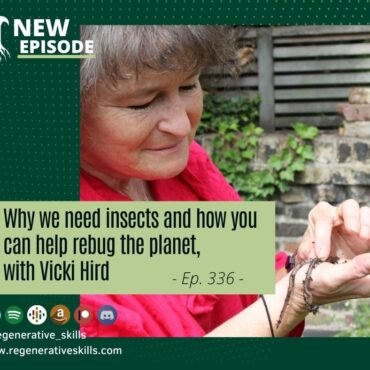
Why we need insects and how you can help rebug the planet, with Vicki Hird
world of insects.Though there are only a handful of bugs and invertebrates that humans consider edible, productive, or beautiful, they are an essential element in any healthy ecosystem.All too often […]

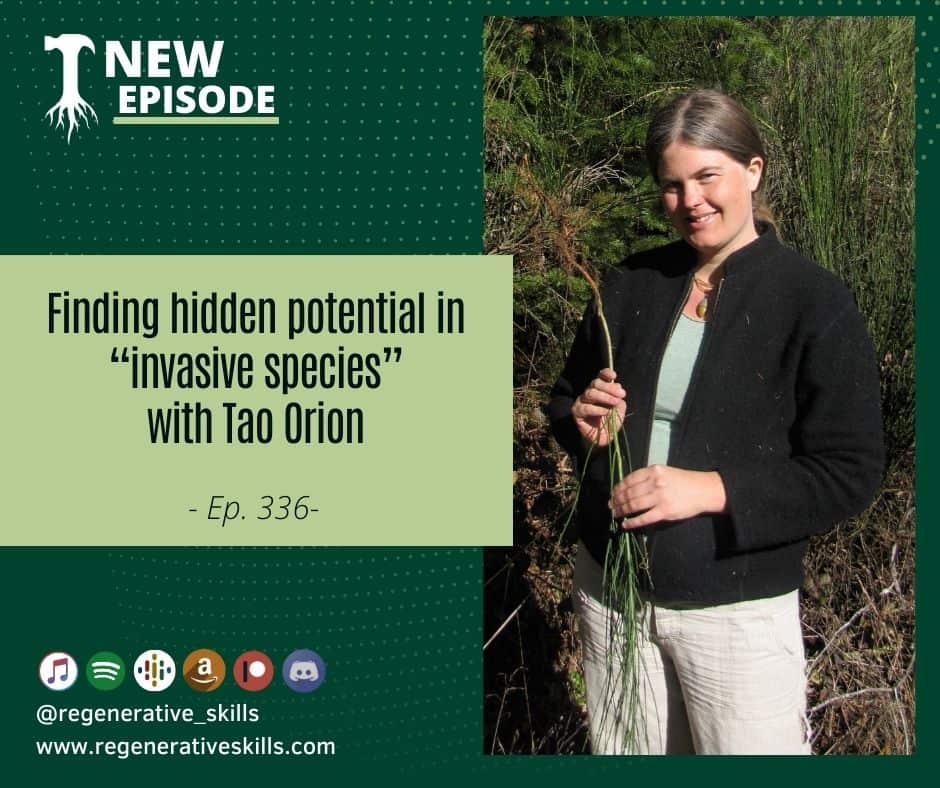
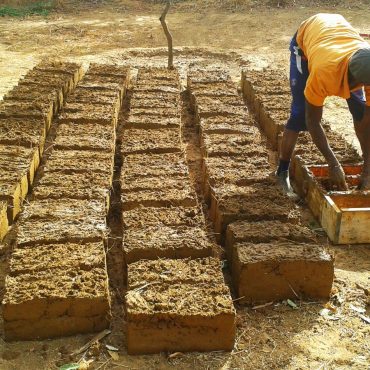
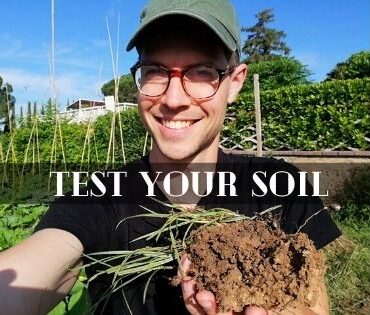
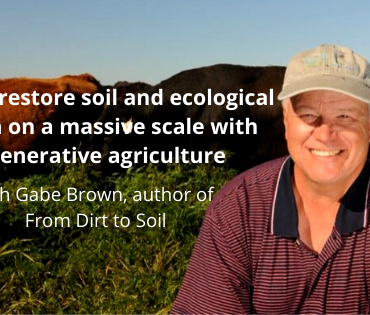
Post comments
This post currently has no comments.